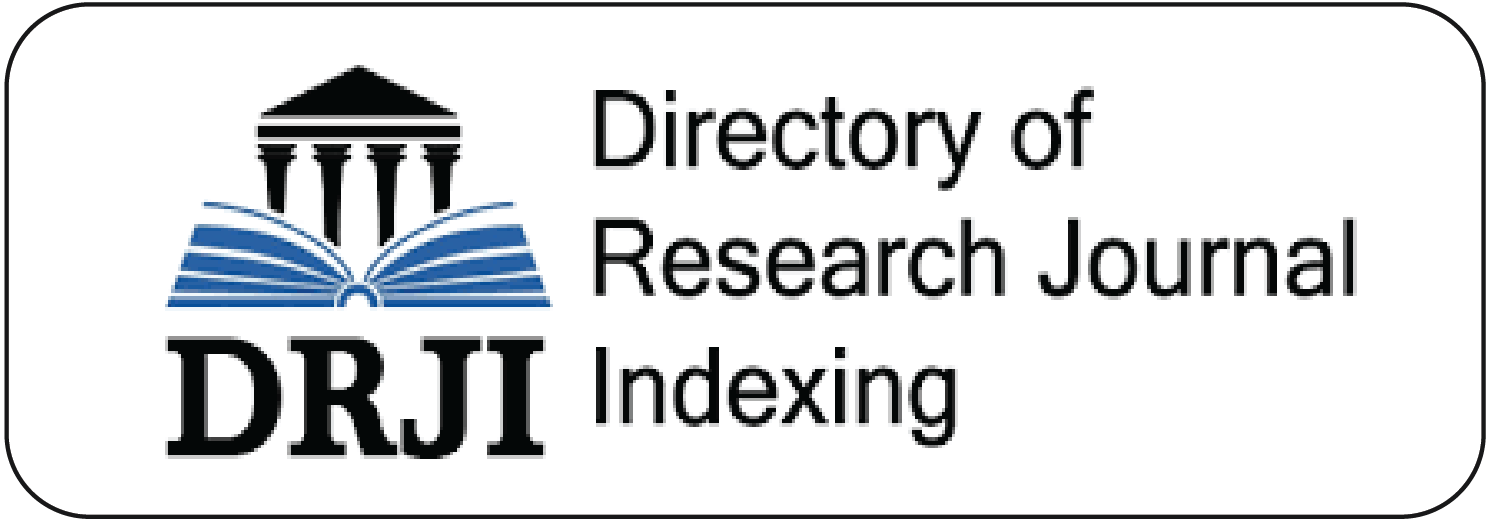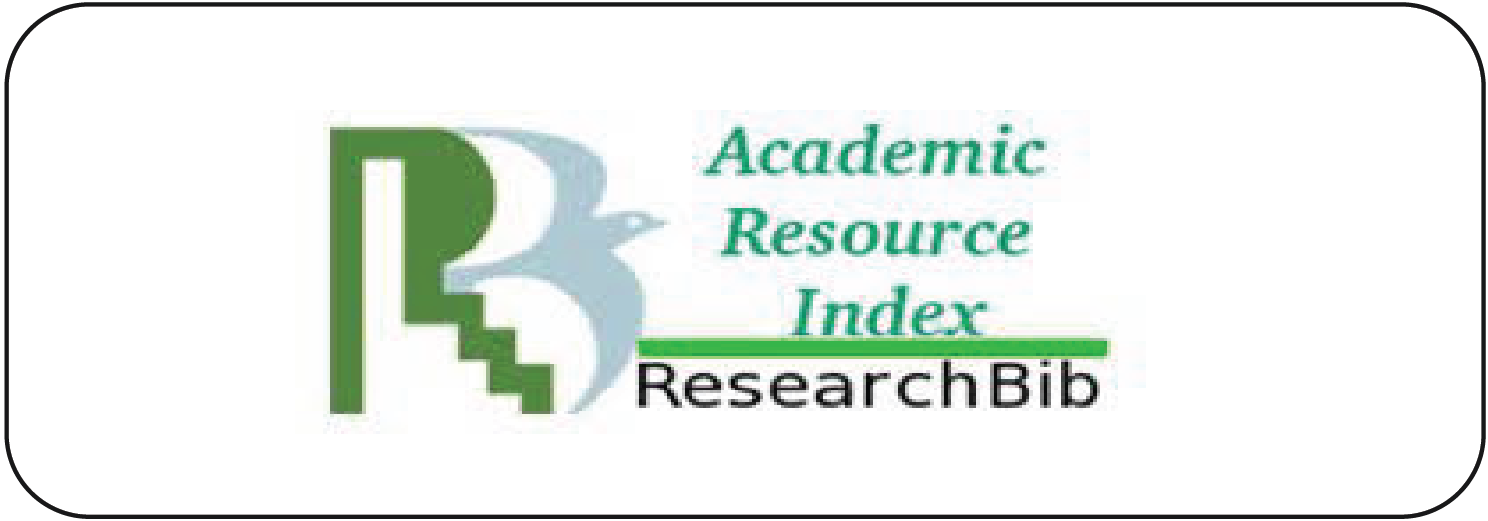Social Impact Measurement of Waqf: Case Study of Waqf Organisations in Karnataka, India
DOI:
https://doi.org/10.51377/azjaf.vol4no2.172Keywords:
Waqf, Social Impact Measurement, Sustainable Development Goals, Maqasid al-ShariahAbstract
Social Impact Measurement (SIM) is a crucial procedure for assessing and validating the social impact of various activities. Within this context, Waqf endeavours to fulfil Maqasid al-Shari’ah, encompassing the pursuit of Sustainable Development Goals (SDGs). Nevertheless, the absence of a robust mechanism to verify and measure the impact of Waqf, particularly in India, remains a significant challenge. Existing literature on Waqf in India predominantly focuses on administrative issues, neglecting impact assessment. This research aims to explore the current SIM mechanisms implemented by Waqf organisations in Karnataka, India. Furthermore, this study proposes potential mechanisms that Waqf administrators can leverage to streamline impact assessment and reduce the workload and expenses of Waqf organisations Identifying the existing mechanisms serves as a preliminary step towards the efficient development of a SIM framework for Waqf in Karnataka, empowering Waqf administrators. By employing content and thematic analysis methods, as well as interviews with Waqf organisations, the study uncovers that despite Waqf's contributions towards achieving numerous Maqasid al-Shari’ah and SDGs in Karnataka, the organisations have not maximised their full potential in measuring and reporting these impacts to relevant stakeholders.
Downloads
Downloads
Published
How to Cite
Issue
Section
License
Copyright (c) 2023 Mohammed Meeran Jasir Mohtesham, Syed Marwan

This work is licensed under a Creative Commons Attribution-NonCommercial-NoDerivatives 4.0 International License.




















